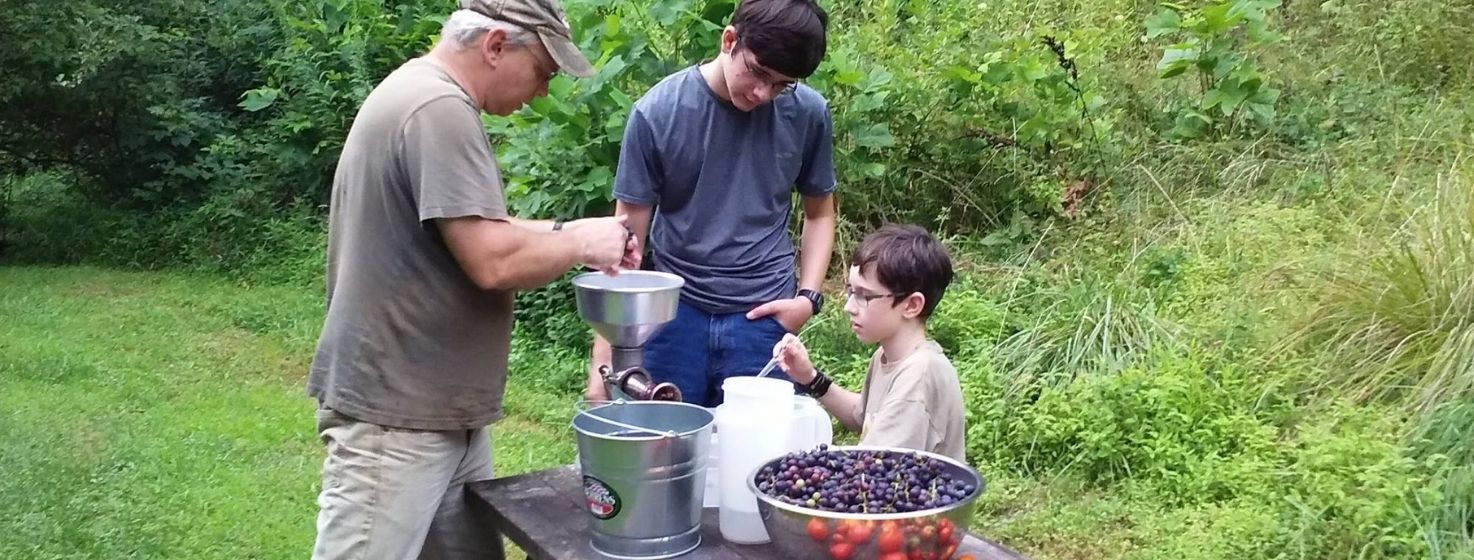by James Summers
Coming of age in a public school system, my cohorts and I breathed sports. Even if some didn’t make the team, they still wanted to be on the team: our complex hierarchy of social status relied, in no small part, on sports. Making the team or winning a game created a thrill inside. It meant I was “more” than someone else – more skilled, more athletic, more tenacious; stronger, faster, smarter. I didn’t know which of these it was, so in my youthful pride, I claimed them all.
We judged the worth of other schools by their win-loss records. Worse, we universally judged the character of the people in entire geographical regions based on the performance of their school’s athletic team. All the people who lived in a certain adjacent county were weak losers, and those from another county were just a bunch of dirty rotten cheaters. We really did see ourselves as superior to them. Yes, these were childish views, but they were views I held as a relatively mature, intelligent, raised-in-church 16 year old. I should have known better, but these ideas were deeply rooted in our sports culture.
Fast forward to when our first child was born. By the time he was four, it was evident that he had an unusually good throwing arm. A friend who was a former college QB even noticed and commented on his throwing ability. Wow! Pretty impressive, I thought.
In my mind, I began to lay out our future, but God directed our steps in another direction (see Proverbs 16:9). Most significantly, He led us toward homeschooling. This was perhaps the most significant and counter-cultural step that my wife and I had ever made in our Christian life. Though we started out homeschooling on a “year by year” basis, by the end of our first year we knew there would be no turning back for us.
Sacrifice? Yes. Rewards? Greater.
Public school sports would not be an option. But what about organized leagues that aren’t associated with schools?
We chose not to play.
For us, the key reason we passed (pardon the pun) was the “sports-centric” lifestyle that seems to be so common in these leagues. We made a deliberate choice that our lives and schedules wouldn’t be driven six days a week by an overzealous coach. We didn’t want our children to get the mistaken impression that these games really mattered. We believed, and still do believe, that God has other priorities for us. It’s not that we don’t play or recreate. Instead, we believe that these secondary activities shouldn’t rule our lives.
Our boys have learned teamwork, first in our family, the primary training ground for learning the importance of sacrificing for the “team.” Teamwork has been reenforced at church where “many hands make light work” and unity of purpose for another’s glory is most highly esteemed. They’ve learned “no pain, no gain” in the berry patch. They’ve had the thrill of victory when landing a trophy-sized fish and experienced the agony of defeat in more ways than I could list. We tend to believe that there are no life lessons learned on a sports team that can’t be learned just as well, or better, in other venues.
We’ve made our choices, and we don’t fault or criticize those who have made different choices. We certainly don’t want to tell others how to parent their own children.
But we do want to be an encouragement to those parents who may be hesitant about their children getting involved in organized sports. I want to tell you in all capital letters: IT’S OKAY TO HAVE OTHER PRIORITIES. And we want to encourage parents who may be thinking of stopping homeschooling, or adopting a “public school at home” approach so that their children can participate in public school sports, to pray and diligently seek God’s direction.
As I write this, our oldest is packing his totes to move into his college dorm. The years have flown by – too quickly it seems. And I am thankful that we have “run with perseverance the race marked out for us…”
Sacrifices? Yes. Rewards? Greater.
But you knew this already, didn’t you?





Recent Comments